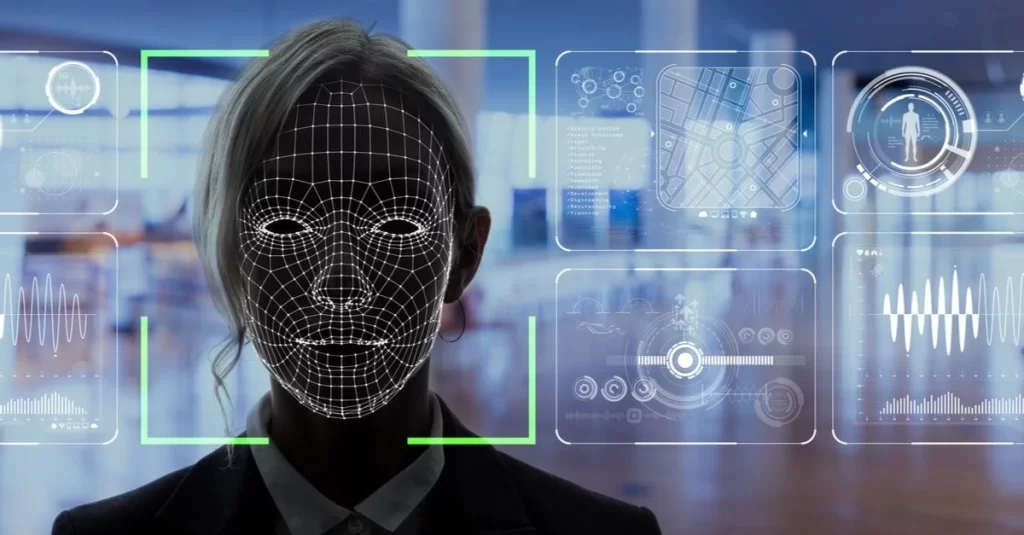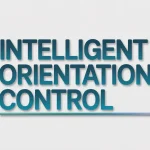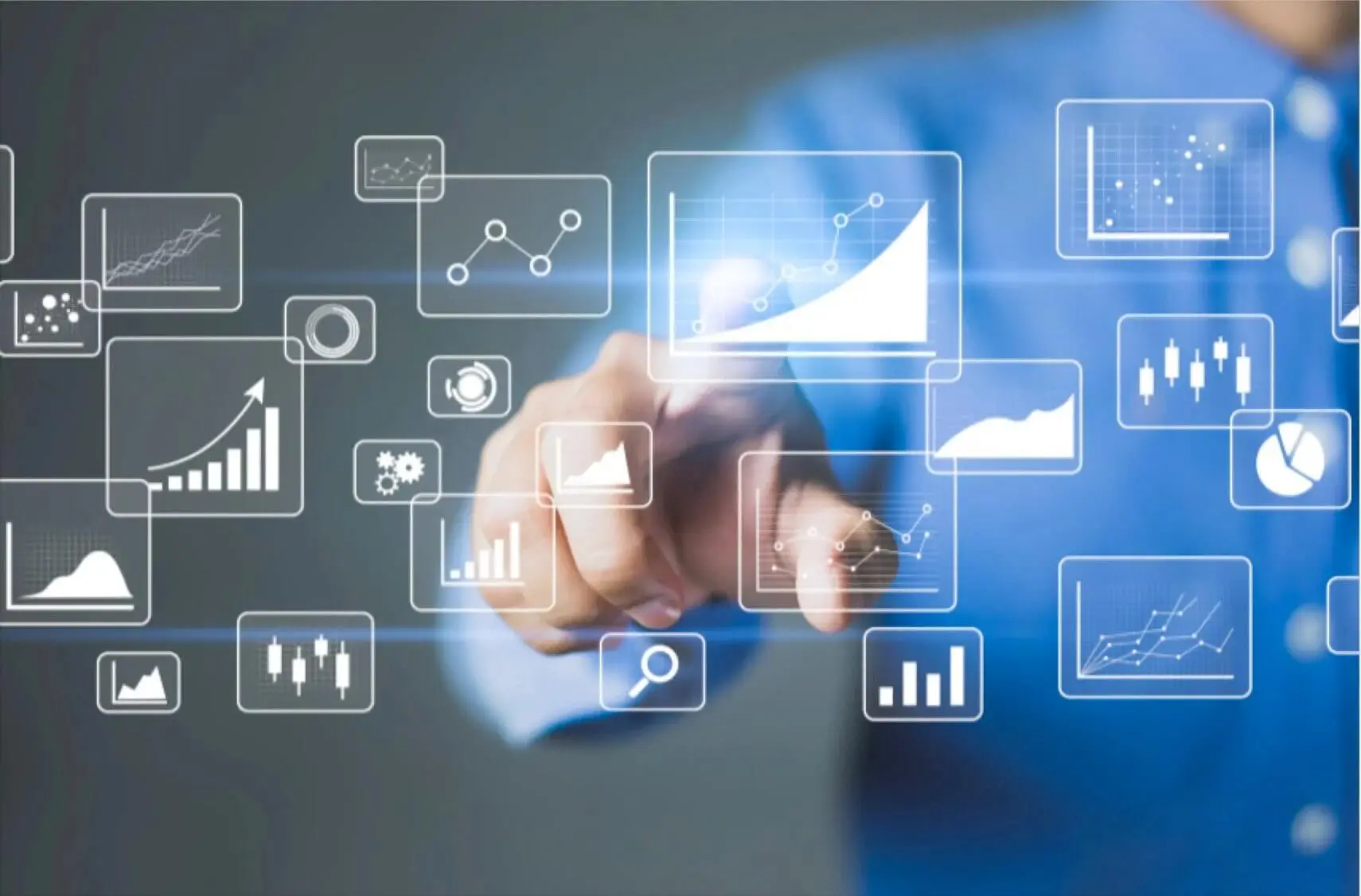Facial recognition technology has seen explosive growth in recent years, with both private companies and government agencies increasingly deploying the controversial systems. Powered by advances in computer vision and artificial intelligence, facial recognition allows computers to identify and verify people’s identities by analyzing patterns in images of their faces. Proponents argue it enhances security and convenience, while critics warn of risks to privacy and potential for abuse or bias in the technology.

Content
Privacy in the Age of Facial Recognition
As facial recognition expands into public spaces and online services, serious concerns have been raised about potential erosion of privacy. Systems that can identify anyone, anywhere raise fears of mass surveillance if left unchecked. However, advocates counter that with proper regulation and transparency, facial recognition could actually enhance privacy by enabling password-less logins and payments. Still, debates continue around issues like:
- Covert use of the technology in public without consent
- Inability to opt-out of systems like airport checkpoints
- Potential for databases to be hacked or abused by authoritarian regimes
To address these concerns, some experts argue for legal frameworks governing how facial data is collected and stored, transparency in system use, and individual access and control over their own facial data.
Addressing Bias in Facial Recognition Systems
Another major controversy involves evidence that current facial recognition technologies have higher error rates for people with darker skin tones, raising serious concerns about potential bias. Studies show some systems misidentify certain gender and ethnic groups more frequently. However, proponents maintain the technology is improving rapidly and point to successful tests of systems claiming to overcome these biases. Experts say ongoing independent audits are still needed to verify claims of bias reduction. Achieving truly equitable and inclusive facial recognition may require more diverse datasets and design processes.
Facial Recognition Use Cases
Despite controversies, facial recognition finds applications in areas like:
- Law enforcement – to identify suspects and missing persons
- Border security – for passport verification at airports
- Physical access control – for secure building entry
- Retail – to analyze customer demographics in stores
- Social media – for automatic for automatic for automatic photo tagging features
When properly regulated and tested, proponents argue these uses could deliver public safety and convenience benefits. However, critics maintain oversight is still lacking as deployment outpaces policy. For the latest debates, check the ‘Best Prompt AI Hub’ blog.
Moving the Debate Forward
As facial recognition becomes further entrenched, stakeholders must work to address open issues proactively. Developers should prioritize transparency, bias testing, and privacy protections in system design. Regulators must implement legal frameworks to ensure oversight, redress and meaningful consent. Only through open discussion of challenges and responsibilities on all sides can this complex technology’s promise be realized while safeguarding civil liberties. Continued dialogue is key to navigating facial recognition’s controversies.
FAQs
What are some examples of regulations or laws passed regarding facial recognition?
Several US cities like San Francisco have banned government use of facial recognition. Other places like Canada and the EU have implemented laws governing how facial data can be collected and stored. Some US airports are also testing opt-in systems.
How accurate are facial recognition systems and how does accuracy vary based on age, gender, race?
Studies show accuracy varies – some systems have error rates under 1% for certain groups but 5-10% higher for others like women, the elderly, people of color. Vendors claim accuracy is improving but independent audits are still needed to verify claims across demographics.

Frank Partnoy is a tech blogger who loves to share his thoughts about the latest gadgets and technology. He loves everything from smartphones, laptops, tablets and more!









